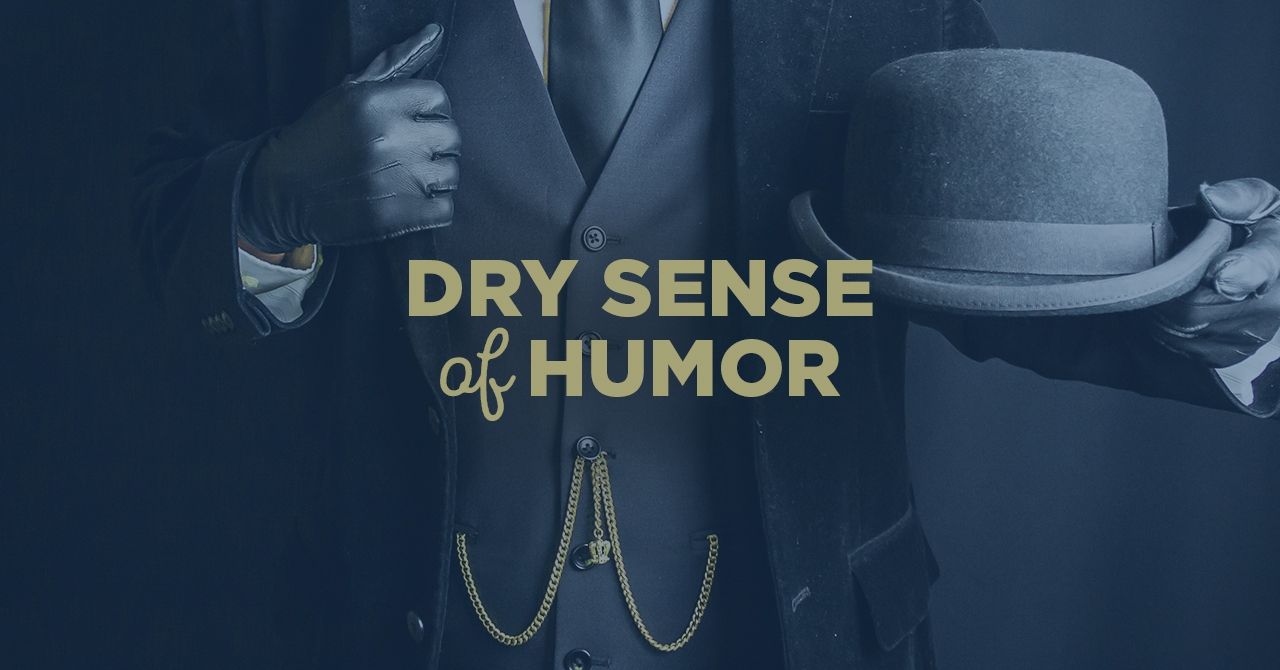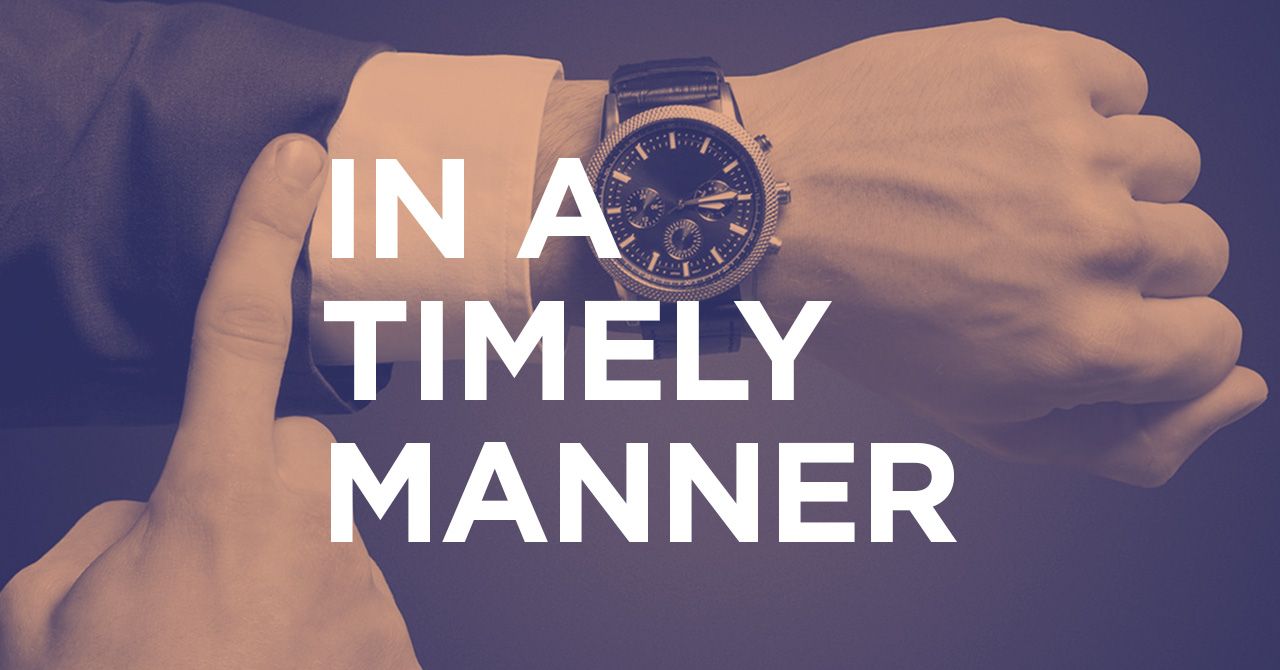
Is It Correct to Say “Funnier” or “More Funny?”
Sometimes the comparative is built into the word itself, and other times it is paired with “more” or “less.” Unlike the term fun, which is a noun in and of itself and is almost always reserved for use with “more” or “less.”

What is the Meaning of the “Karma is a Bitch!” Phrase?
Karma is specifically a principle of Hinduism and Buddhism that concerns the idea of “you get what you give.”

How Do You Use the Expression “Greatly Appreciated”?
You’ve probably seen the phrase “greatly/highly appreciated” in written forms of communication. It can be a tricky expression for non-native speakers to grasp as it appears not to be complete on its own.

What Does “Okie-Dokie” Mean?
Okie-dokie is a variant of OK, which has a fascinating history all its own.

What Does It Mean to Have a Dry Sense of Humor?
Dry humor and dry-humor jokes are as old as the English language. As literature and the performance of literature developed in England over the course of centuries, irony came to be a beloved theatrical device.

What “In a Timely Manner” Really Means
“In a timely manner” is a phrase often thrown around in professional contexts of all sorts. But what exactly does the phrase, “timely manner” mean? Can we even pin down a concrete “timely manner” definition?

The meaning of “waiting with bated breath”
Practically the only context in which bated breath appears these days is following “with”—someone is waiting for something with bated breath, as referenced in the examples below.

How to learn and master English-language verb forms
As with any language, there are regular and irregular verbs, and choosing the correct verb form can be challenging.